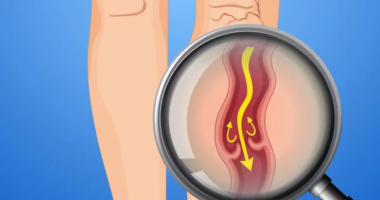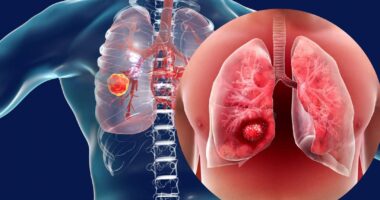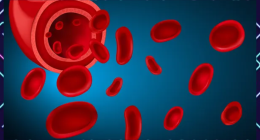How Stress Cycle Can Reduce Your Immunity Over Time – Stress hormones break down body’s essential protein to make fuel, hampering the growth of white blood cells over a period of time
Chronic stress can have serious health consequences. While most of us take stress as a psychological phenomenon but what we miss to acknowledge is that stress is as much physical as it is psychological. In simple words, stress is the body’s natural defense against any kind of danger. It helps the body to face any situation either by fighting it or by taking a flight from it. The response is usually generated by some hormones that make us ready to face any threat.
Stress is initiated by stressors and they can be internal or external. While people mostly focus on try to rectify the immediate effects of stress, it is important to know that if stressors are maintained over a period of time, it can lead to long- term behavioural, physiological, emotional and cognitive effects. Over a period of time, the effects of stress can also become stressors in long run. Hence, stress can very easily become a cycle of distress.
Also read | Can Ayurveda Combat Hypertension? Explains Dr Pooja Kohli
How stress keeps building up
Stress can be initiated by a wide range of stressors such as sudden changes in life, chemicals, disease, emotions, environmental, phobias, and others. The immediate effects of stress can be behavioural changes like eating excessively or smoking, physiological like increased heart rate, muscle tension, emotional such as anger, rage, anxiety, and cognitive such as decreased concentration in the task one might be doing.
If the stressors are dealt well in this stage, its effects will not be long lasting but if the stressors continue to exist over a large period, then it might lead to long-term health consequences such as behavioural disorders like obesity, alcoholism, physiological like hypertension and heart disease, psychological like anxiety and depression and cognitive disorders like memory loss or sleep problems.
Also read | What Causes Lung Cancer In The Elderly? 4 Prevention Tips
What stressors do to the body?
Hans Selye, a famous endocrinologist studied the body’s general response to stressors over a short and long period of time. He identified three stages in a stress cycle.
- Alarm reaction It is the emergency response of the body. The body will prepare the body to tackle the stressor here and now
- Stage of Resistance– If the stressor continues to persist in the atmosphere, the body will develop a chronic resistance to its effects. During this phase, the body will chronically release hormones like cortisols that will help the body to adapt to these stressors effectively. However, these hormones will stay in the blood over a period and their increased activity will keep body in the fight or flight state even when it might not be needed.
- Stage of Exhaustion– In this stage, your body’s ability to respond to new and old continuous stressors is seriously impaired. At this stage a person might become more prone to infections and hormone-induced disorders. A person can also become susceptible to developing cancer.
Also, read | How Does Leptospirosis Spread In The Body? Explains Microbiologist
Stress and low immunity
Studies show that cortisols released to make our body adapt to stressors often break down protein to create more glucose (body’s fuel). If over a period, there is a shortage of protein in the body, the life and growth of white blood cells will be compromised. Hence, body’s natural ability to fight infections will be reduced and with each above mentioned stage, it will fall. During the stage of exhaustion, a person will more likely to suffer from chronic infections which earlier the body could have easily fought off.
Home | How Stress Cycle Can Reduce Your Immunity Over Time ]









